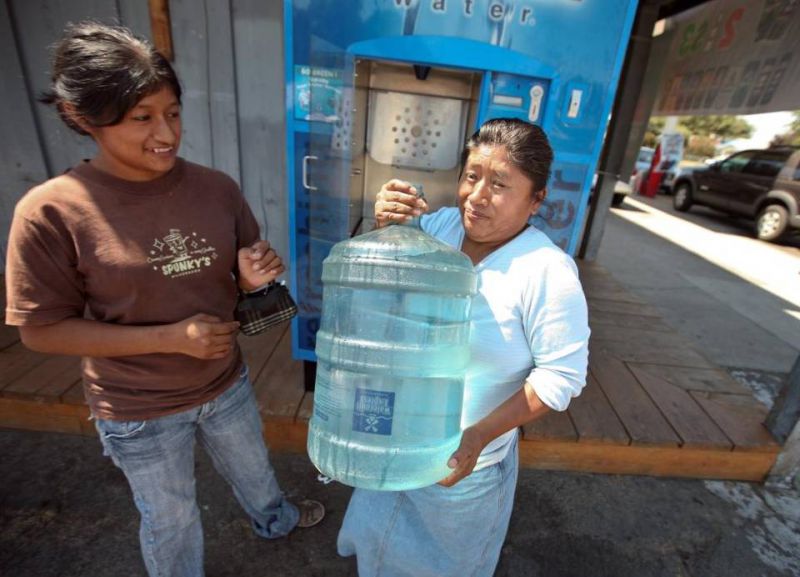Help us Devise a Strategic Valley Water Plan
Published on by Water Network Research, Official research team of The Water Network in Social
Fresno State is focused on helping residents have access to clean drinking water
Fresno State is aware that water continues to drive daily discussions and concerns for San Joaquin Valley residents and all Californians. While this year’s average rainfall has taken the edge off the crisis for many, we still lack adequate water supplies, both in terms of quantity and quality, for the many needs of our region.
These issues will persist during the foreseeable future, and Fresno State is committed to providing the necessary leadership to assist in mitigating or alleviating impacts to Valley water concerns.
First, we are focusing on one of our region’s major issues – access to clean drinking water. Fresno State faculty, staff and students are actively working with California Environmental Protection Agency-designated Disadvantaged Communities to assist in mitigating water issues.
We have framed the need for a Center for Disadvantaged Communities at Fresno State and developed a white paper outlining its role to help small-community drinking-water and wastewater-treatment systems develop the tools necessary to protect the public health, safety and surrounding environment.
Second, we recognize the environment also needs water. Faculty researchers and students are busy studying the fate of water in the Sierra, the quality of water in our streams and rivers, and water needed in our Valley wetland areas. It is only by better understanding the water cycle of our region that we can appropriately take actions to meet various demands.
Third, while food production is part of our region’s heritage and should certainly be a major factor in our future, it is innovation that will provide the competitive edge. There are hundreds of water-technology companies in the Valley, many providing world-class technologies for a thirsty and hungry world.
Fresno State has a competitive advantage to assist businesses and entrepreneurs to strengthen the technology-based manufacturing sector.
Fourth, we know that building strong programs in water requires dedication, talent and funding. One such example is Fresno State’s recent award of $5 million from the California Energy Commission to establish the Central Valley Regional Energy Innovation Cluster.
Two campus entities, the International Center for Water Technology and the Lyles Center for Innovation and Entrepreneurship, are partnering to provide incubation services for entrepreneurs developing energy technologies for water, and connecting them with businesses and economic development organizations in the Central Valley and Northern California.

When fully operational, this effort will not only provide solutions for water and agricultural challenges, but also will create an economic base for employment and economic growth.
Many of our water efforts are being driven by the Report of the President’s Commission on the Future of Agriculture. In October 2014, Fresno State President Joseph I. Castro charged the Water Task Force to coordinate existing water-related programs and to redefine Fresno State as a recognized leader in the area of water technology, water resource management and policy.
A critical component of the report requires the development of a strategic plan for water. We are seeking everyone’s input – both academic and community interests – in this effort and hope you will take the opportunity to complete the short survey in a link atwww.Californiawater.org. Your input will help shape the goals and direction that Fresno State takes for years to come.
The data collected from the survey will support the development of our Water Strategic Plan. It will provide a road map for the next five years that will guide the direction and effort for Fresno State.
While the opportunities for engagement in water issues appear unlimited, it will be important to appropriately rank the needs, assign the talent and engage the task. To optimize our success, we need the collective views of our community to be strongly reflected in the effort.
Our water future depends on community knowledge and engagement. In order for the region to achieve its goal of water sustainability, it will require the best minds to master our multiplicity of needs and requirements.
Fresno State is committed to attracting the best students and faculty, providing exceptional educational opportunities and engaging the challenges facing our communities to a successful completion.
Source: The Fresno Bee
Media
Taxonomy
- Sustainable Water Resource Management
- Institutional Development & Water Governance
- Strategic Planning
- Strategic Information Management
- Communications Strategy